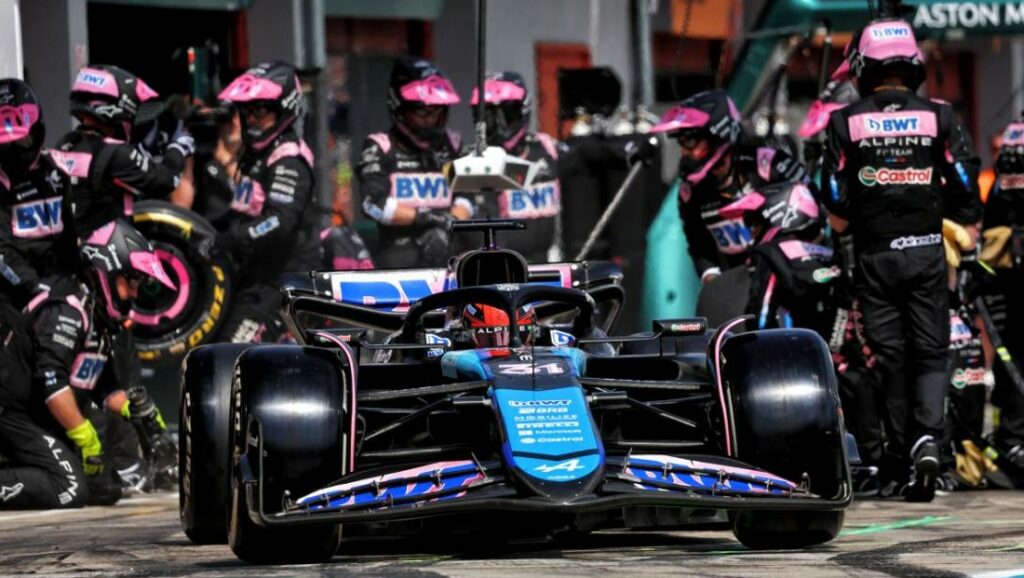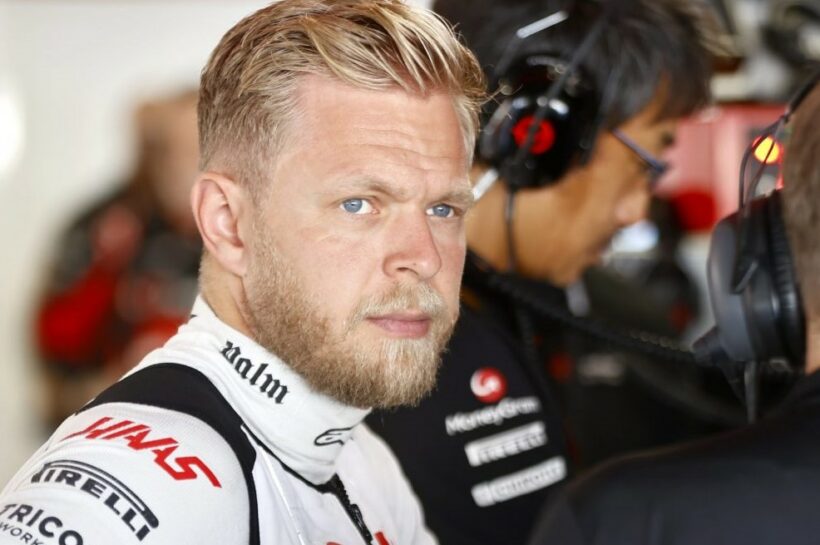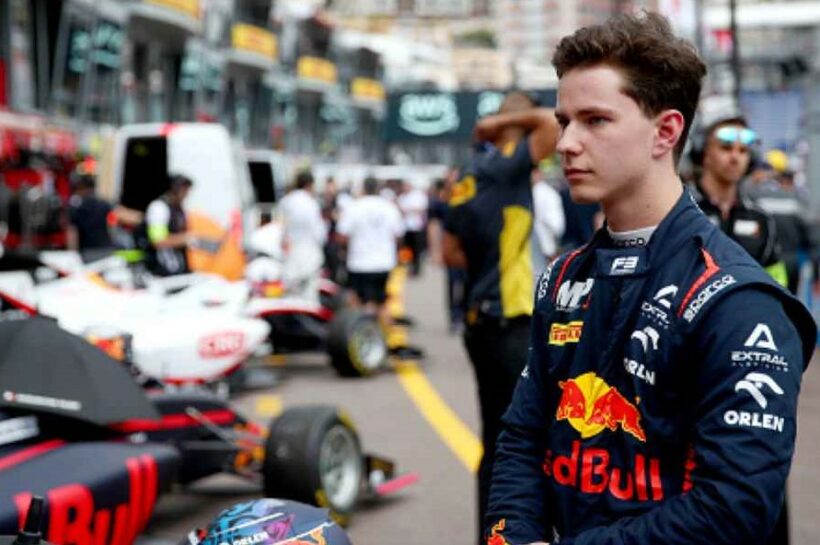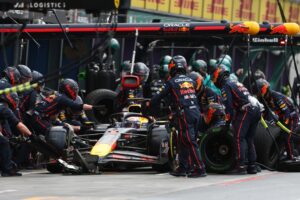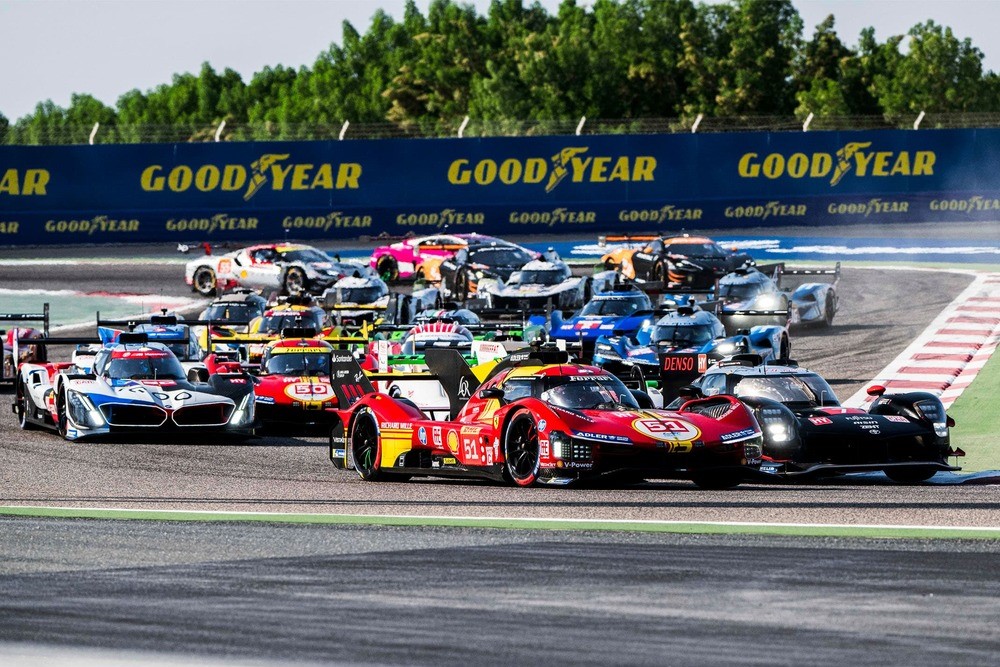Alpine F1 team has initiated talks with other manufacturers regarding the possibility of working out a customer deal as it plans to abandon its works Renault engine in 2026.
This comes after reports that Renault is considering withdrawing as an engine supplier in Formula 1 and in a bid to ensure the Alpine F1 team can still compete in 2026, when the new engine regulations come into force, talks have been held with other suppliers.
It is understood that the huge costs associated with developing the 2026 engine have prompted the French manufacturing behemoth to opt against moving forward with the project. The brand might save a significant amount of cash if the project is terminated in the coming months.
Senior Renault and Alpine management have done an exhaustive evaluation of their F1 project, which was spurred by a challenging start to the current campaign and it seems they have done everything possible to figure out what has to be done to remedy the situation.
The outfit has questioned if the huge financial commitment required to develop its own engine is necessary given that the current Renault power unit performs worse compared to rivals and there is no guarantee it will improve for the upcoming next generation of turbo hybrids starting 2026.
It is believed that a strategy to potentially stop working on Renault’s 2026 power unit and instead turn Alpine into a customer team is currently being considered.
Alpine F1 team principal Bruno Famin, has reportedly been looking into the situation over the past few weeks and is in contact with rival manufacturers to figure out other possible alternatives.
While Alpine’s engine situation seems uncertain at the moment, Renault CEO Luca de Meo recently stated that, in spite of interest from potential buyers, he remains committed to Alpine’s future in Formula 1.
“It’s not my style,” he said. “We will not sell even a part of this thing. We don’t need the money.
“I’ve had people making offers left and right, then talking in the press about it. But we’re not interested. It would be stupid, and I won’t do it.”
However, he did mention that Renault has struggled to keep up with the regulations for turbo hybrid engines, which had negatively affected the team’s performance over the course of the current regulation cycle.
“When we began the hybrid era [in 2014], our engine didn’t perform,” he said. “We had been world champions with Red Bull but with hybrid, things went wrong.
“Even the engine we developed in 2021 had a 0.2s to 0.5s disadvantage every lap. And this year we’ve screwed up with the car. If you combine everything, we’re up to 1.5s from where we need to be.”
Switching engines would enable Alpine F1 team get power units that are cheaper and possibly more competitive, as well as the transition to a customer team which would also make the team potentially easier to sell in the future since the squad would not have the legacy element.
Who are the potential F1 engine suppliers?
Red Bull, which will start running its own power units in 2026, is the most practical option to source customer engines to avoid any manufacturer clash issues for Renault.
Although talks have taken place, it is believed that the possibility of a Red Bull partnership is unlikely due to the logistical challenges the Milton Keynes-based team would encounter in supplying a third team alongside itself and sister squad RB for its debut season as a supplier in 2026.
Red Bull team boss Christian Horner confirmed it was not possible last year.
“I think we need to establish ourselves first,” he said. “We don’t want to overstretch ourselves.
“I think already supplying two teams in ’26, that is probably even slightly beyond optimum in year one, but it just gives us the capacity and capability for further down the line.
“So I think first of all, we need to firmly establish ourselves and then we have the capability to take more on from there.”
Should the approach fail the most likely alternative would be Mercedes, which has a supply arrangement open for 2026 as a result of Aston Martin switching to Honda.
The German automaker has already demonstrated through customer partnerships with Aston Martin and McLaren that it is willing to supply power units to other automakers without suffering any wider commercial disadvantage.
Assuming Alpine does decide to go down the customer engine route but fails to secure its own agreement with another manufacturer, the F1’s regulations state that any of the sport’s current engine suppliers may be called upon to supply the team so that it is not left without a power unit.
It is likely that Honda will be asked to supply an engine given that it’s the only current manufacturer without plans of establishing a second customer team in 2026.

